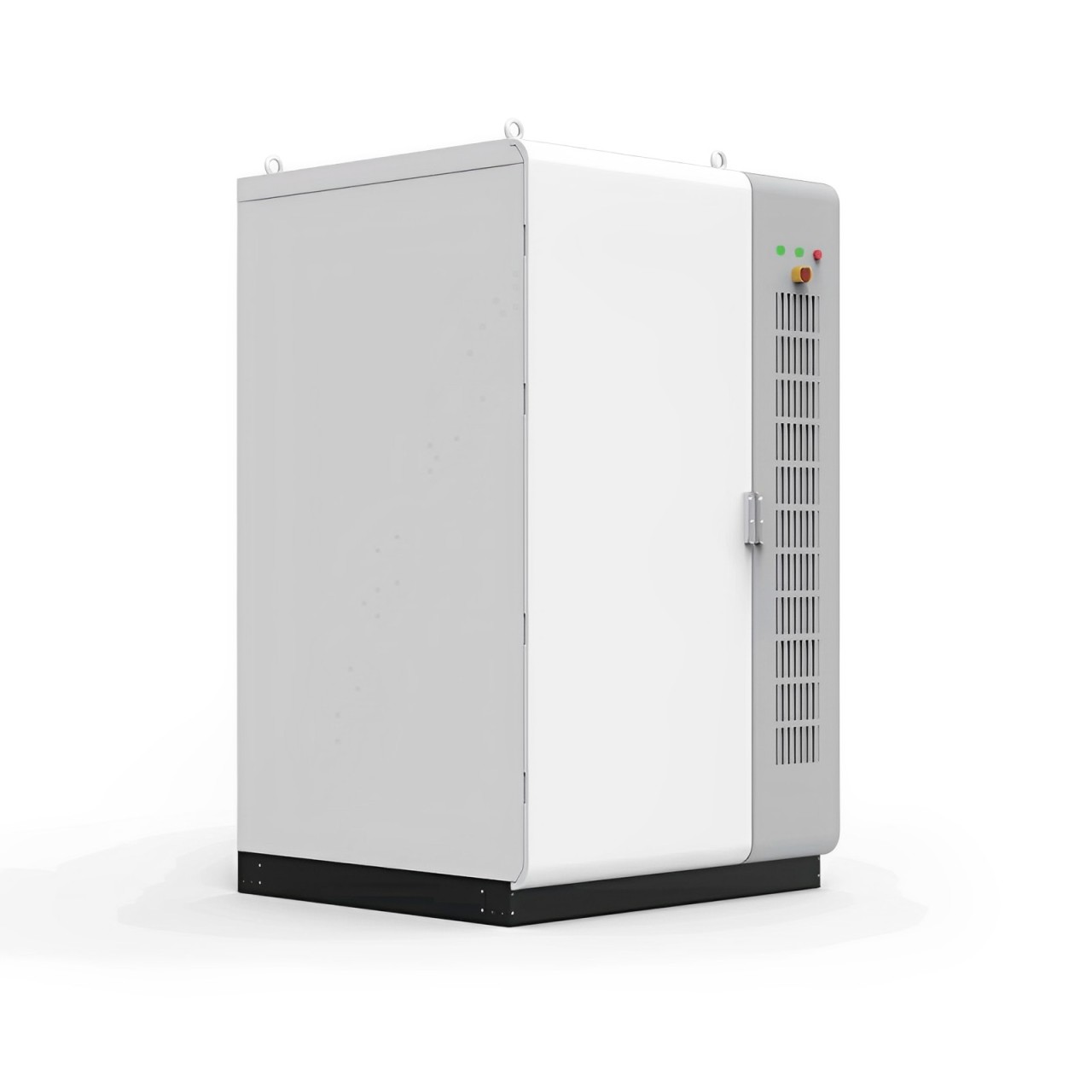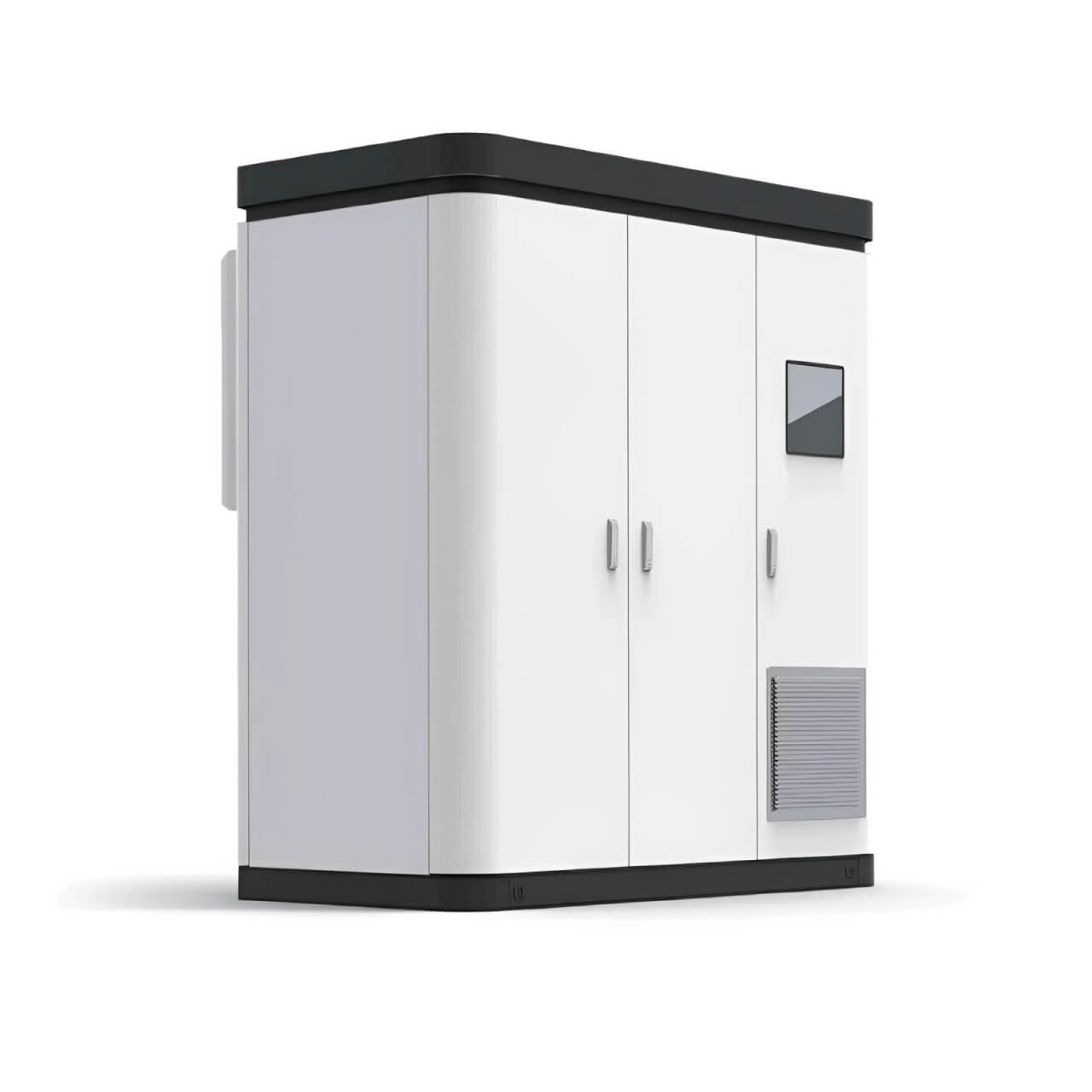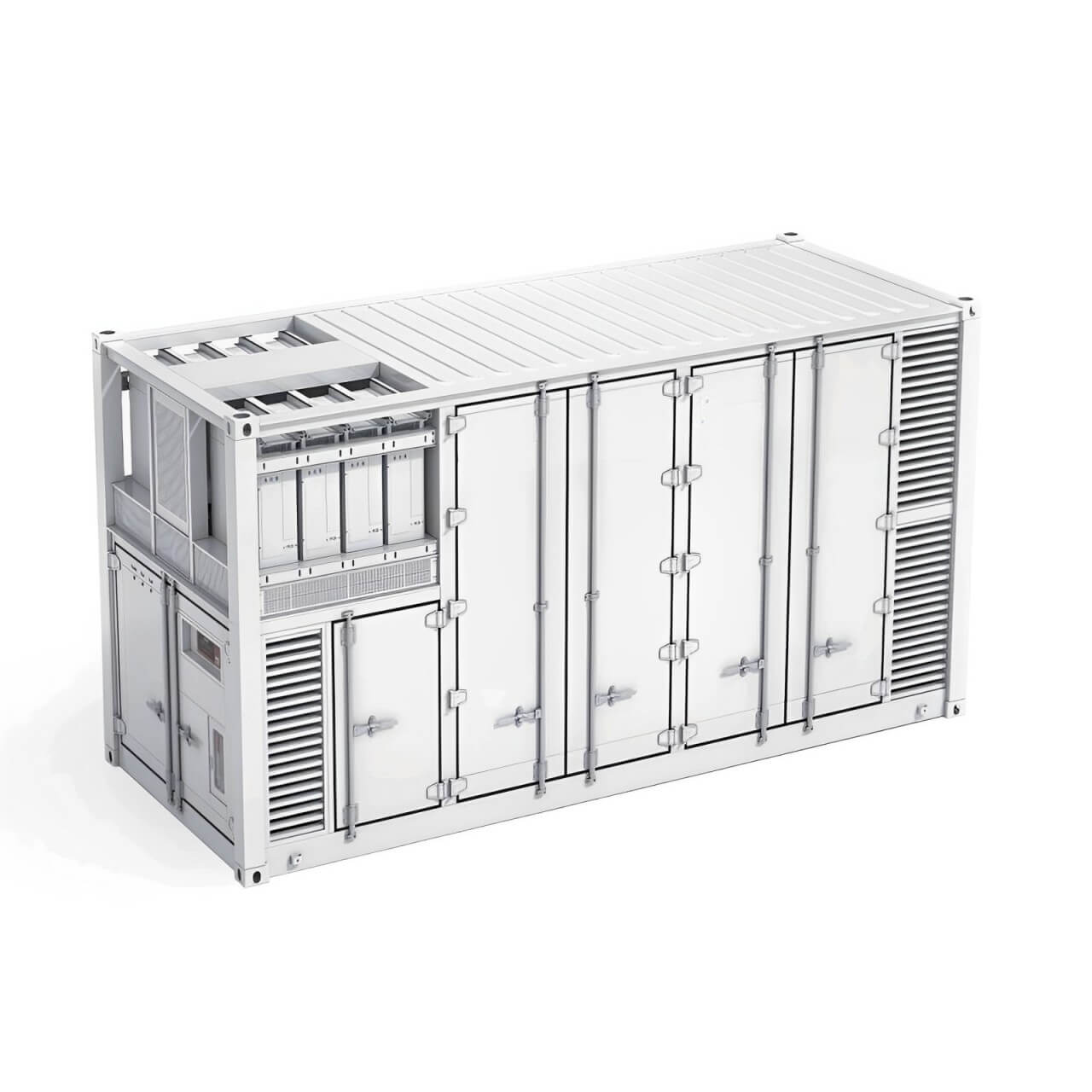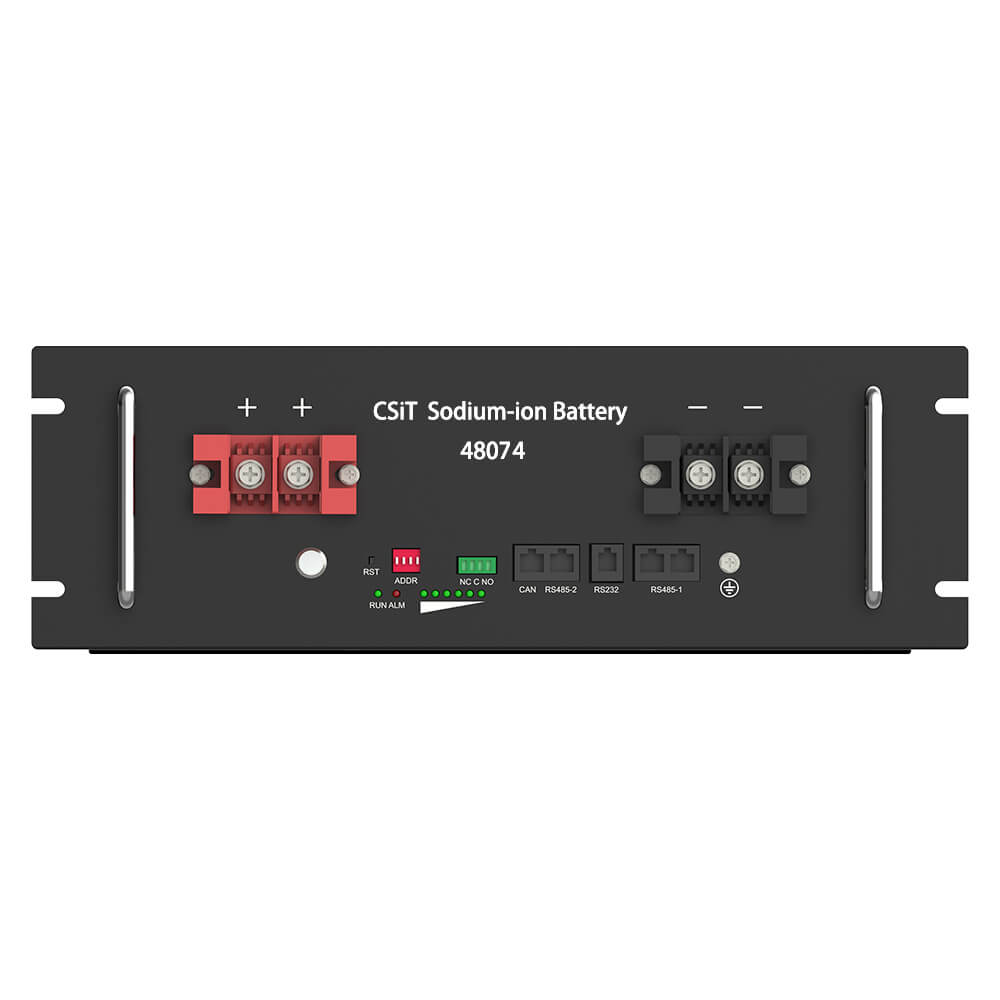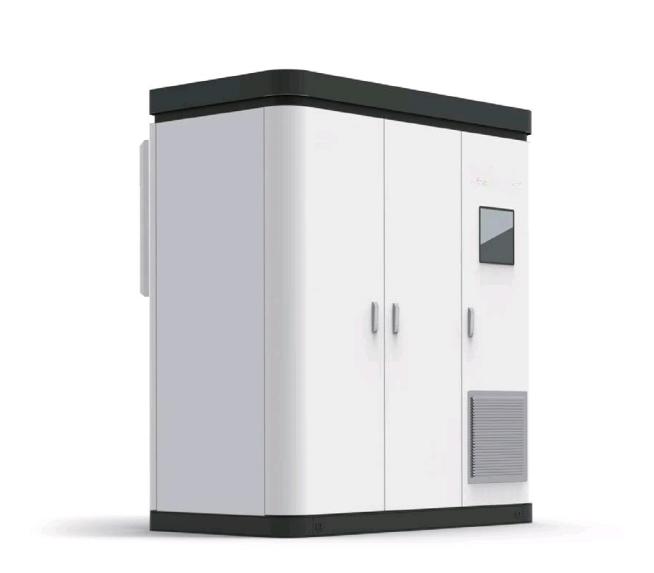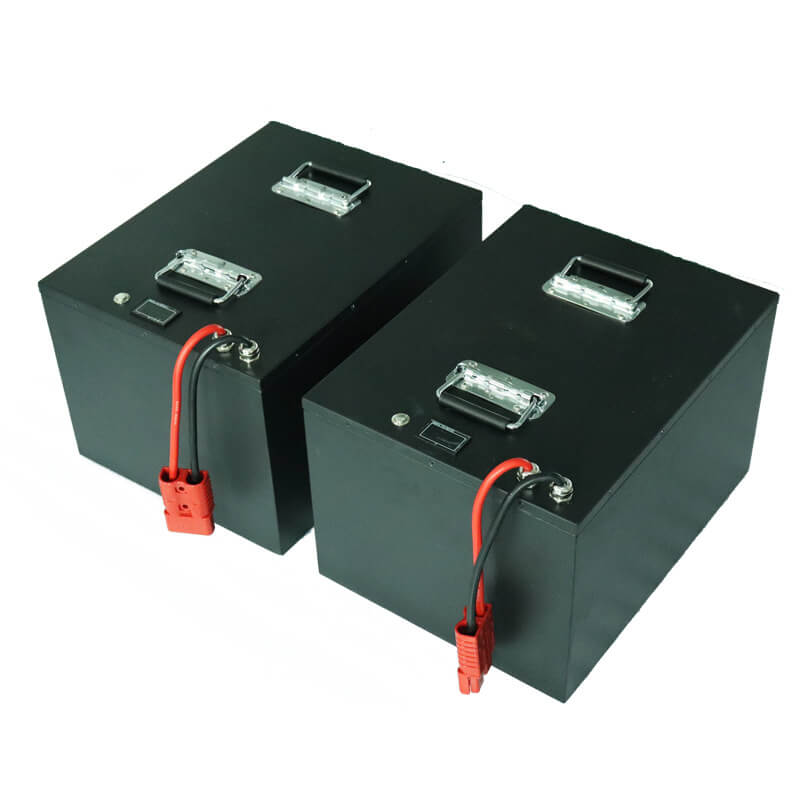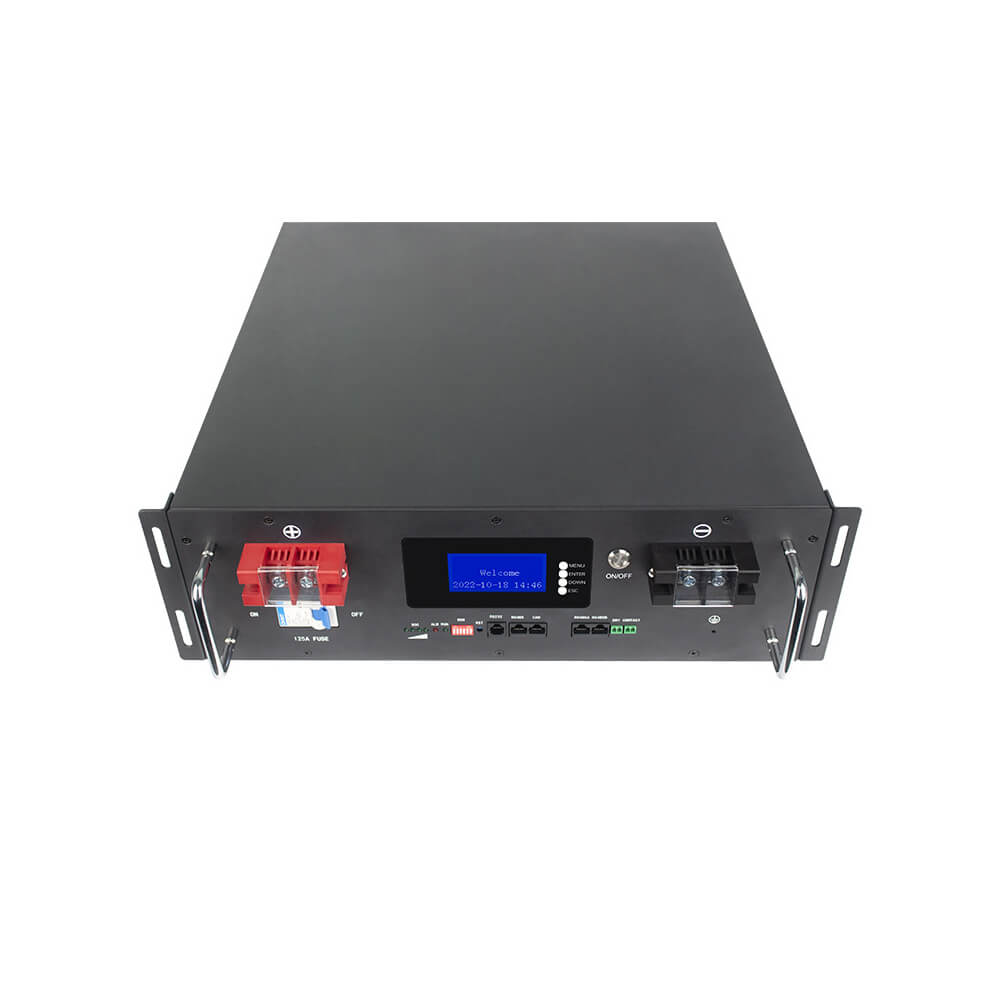Is Your Home Suitable for Installing Energy Storage Equipment? How to Choose
Introduction
Home energy storage is the technology and equipment for storing energy in a home environment. It is like a home version of an "energy bank," storing electricity when there is sufficient electricity and releasing electricity when there is insufficient electricity or when needed, so as to maintain the normal supply of household electricity in power outages or emergencies.
Components of Home Energy Storage Systems
Home energy storage systems are usually composed of battery packs, inverters, controllers, and other components. The battery pack is the core component of the energy storage system, which is responsible for storing electricity. The inverter converts the DC power in the battery pack into AC power for use by household appliances. The controller is responsible for managing the operation of the entire energy storage system to ensure its safe and efficient operation.
Benefits of Home Energy Storage
There are many benefits of home energy storage, mainly reflected in three aspects: energy saving, safety, and convenience.
Energy Saving
First of all, home energy storage helps to save energy and reduce carbon emissions. By storing excess electricity, we can reduce the amount of electricity purchased from the power grid during peak electricity demand, thereby reducing household electricity costs. At the same time, this also helps to reduce the load pressure on the power grid and promote the rational distribution and utilization of energy.
Safety
Secondly, home energy storage can improve the safety of household electricity use. In the event of a power outage or grid failure, the home energy storage system can be started immediately to provide emergency power for the family. In this way, we don't have to worry about problems such as damage to electrical appliances and data loss caused by power outages, ensuring the normal operation of family life.
Convenience
Finally, home energy storage brings convenience to our lives. Through the intelligent control system, we can monitor the status of the home energy storage system anytime and anywhere to understand its charging and discharging status. In addition, some advanced home energy storage systems also have remote control and timed charging and discharging functions, allowing us to manage home electricity more flexibly.
Choice of Home Energy Storage
When choosing a home energy storage system, we need to consider multiple factors, including energy storage type, capacity, and brand.
Energy Storage Types
At present, the common types of home energy storage on the market include lithium-ion batteries, lead-acid batteries, and sodium-sulfur batteries. Among them, lithium-ion batteries have become the first choice for home energy storage due to their high energy density, long cycle life, and environmental protection. Although lead-acid batteries are relatively low in price, their energy density and cycle life are relatively low, and there are environmental pollution problems. Sodium-sulfur batteries are currently mainly used in large-scale energy storage systems due to their high-temperature working environment and high cost.
Capacity Considerations
In terms of capacity, we need to choose a suitable energy storage system based on the household's electricity demand and budget. Generally speaking, the larger the capacity of a household energy storage system, the more electricity it can store, but the price is also correspondingly higher. Therefore, we need to weigh the relationship between capacity and price based on our actual situation.
Brand Considerations
In addition, brand is also an important factor we need to consider when choosing a household energy storage system. Well-known brands usually have better product quality and after-sales service guarantees, providing us with more reliable products and services. Therefore, when choosing a household energy storage system, we can give priority to products from well-known brands.
General Price of a Household Energy Storage System
The price of a household energy storage system generally ranges from thousands to hundreds of thousands of yuan, depending on the capacity of the energy storage system, battery type, brand, and other factors.
Price Ranges
The following are some common household energy storage system price ranges for your reference:
- Smaller capacity lithium-ion battery energy storage system: such as systems below 5kWh, the price may be around a few thousand to ten thousand yuan.
- Medium-capacity systems: The capacity is between 5kWh and 20kWh, and the price is usually tens of thousands of yuan. For example, the price of a 51.2V, 100ah lithium iron phosphate battery pack photovoltaic off-grid integrated machine is about 8,000 yuan; while the price of a 20.48kwh to 25.6kwh lithium iron phosphate energy storage system is about 18,000 to 17,500 yuan (the unit price of 1 to 4 units is 18,000 yuan, and 5 units and above is 17,500 yuan).
- Larger capacity or higher-end systems: The price may be 100,000 or even hundreds of thousands of yuan.
The cost of the energy storage system also includes the price of the inverter (generally between 5,000 yuan and 10,000 yuan), installation costs (about 5,000 yuan to 10,000 yuan), etc. Some well-known brands' products, such as Tesla's Powerwall 2.0, have a capacity of 13.5kWh and cost about $11,500; BYD's MINIES home energy storage system is expected to be sold at a domestic price of RMB 19,000.
Installation and Use of Home Energy Storage
When installing a home energy storage system, we need to pay attention to the following points:
Installation Location
Choose a suitable installation location. The home energy storage system should be installed in a well-ventilated, dry place away from fire to ensure its safe operation.
Professional Installation
Follow professional installation procedures. The installation of the home energy storage system should be carried out by professionals to ensure that it is properly connected and debugged. During the installation process, we need to pay attention to protecting components such as batteries and inverters to avoid damage.
Safety Protection Measures
Pay attention to safety protection measures. When installing a home energy storage system, we need to set up appropriate safety protection measures for it, such as overcurrent protection, overvoltage protection, etc., to ensure that it can automatically cut off power in abnormal situations and protect the safety of home electricity use.
Usage Precautions
When using a home energy storage system, we need to pay attention to the following points:
Regular System Checks
Check the system status regularly. We need to regularly check the status of the home energy storage system, including battery power, inverter working conditions, and settings of the intelligent control system. If any abnormality is found, professionals should be contacted for repair in time.
Reasonable Charging and Discharging Time
Reasonably arrange the charging and discharging time. According to the household electricity demand and the power grid conditions, we need to reasonably arrange the charging and discharging time of the home energy storage system. When the power is sufficient, we can store the excess power in the energy storage system; when the power demand is peak or the power is out, we can release the power in the energy storage system for home use.
Maintenance
Pay attention to maintenance. The home energy storage system needs regular maintenance to extend its service life. For example, we need to regularly clean components such as batteries and inverters to keep their surfaces clean and dust-free; at the same time, we also need to check whether the battery connection wires and inverter output wires are loose or damaged and replace or tighten them in time.
Conclusion
As an important part of smart homes, home energy storage is gradually entering our lives. By storing excess electricity, the home energy storage system can not only reduce the cost of household electricity and improve the safety of electricity use but also bring convenience to our lives. When choosing and using a home energy storage system, we need to consider multiple factors and follow professional installation procedures and usage precautions.

 简体中文
简体中文 Russian
Russian French
French German
German Japanese
Japanese Korean
Korean Arabic
Arabic Spanish
Spanish